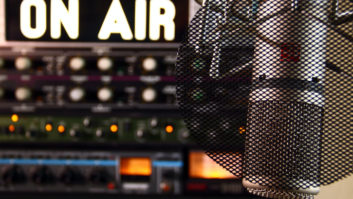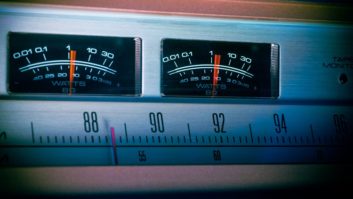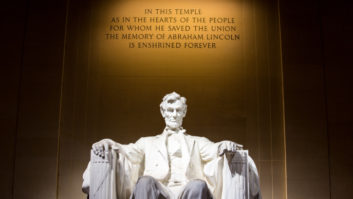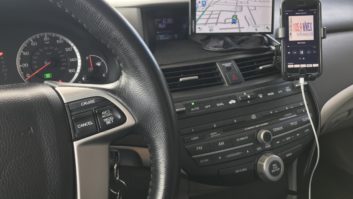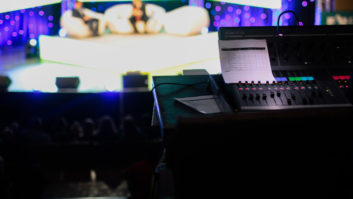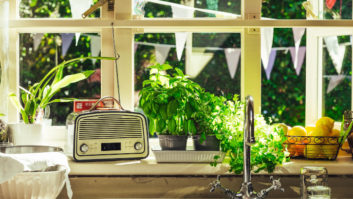The author is membership program director of the National Federation of Community Broadcasters. NFCB commentaries are featured regularly at www.radioworld.com.
Commercial and noncommercial stations alike recently celebrated National Radio Day. Where we in radio sometimes get sectioned off into our own little silos — community radio, commercial radio, sports radio, college radio, religious broadcasting and music stations, among them — National Radio Day is our annual day to unite, and to tell a great story.
This year, National Radio Day was Tuesday, Aug. 20. The annual recognition is not really a holiday in the Labor Day or Fourth of July tradition. Rather, National Radio Day is among those days that gives us all a chance to pause and appreciate the art form of radio and its impact on our communities.
[Read: Community Broadcaster: Joining Forces]
Just as people played the funeral dirge for broadcast television when VHS came along, so have naysayers been predicting radio’s passing for decades. Nevertheless, radio still enjoys massive listenership, and trust from audiences. Radio today sees tremendous reach, with some 200 million Americans listening anytime any given week. Its penetration into U.S homes is why it is the go-to for emergency preparedness and a host of other services. As the Federal Emergency Management Administration tweeted, “Radios are a great resource during disasters. When cell towers and internet are down, radios will continue to receive emergency alerts and weather alerts.”
Beyond the urgent moments, National Radio Day is a yearly chance to highlight our medium’s other value propositions. For instance, there are the journalistic, musical and cultural services that radio provides. For some, radio is the first place where they discovered any number of musical genres or heard music in another language. For other Americans, radio informs them on their commutes about the matters of the day. For still other people, radio provides a little bit of home, no matter where that home may be anywhere around the planet. These explorations provide our intellects and imaginations fertile grounds upon which to grow ideas and engagement. Because the voices we hear allow us to conjure up our own visuals, radio taps into a mental space no other medium can.
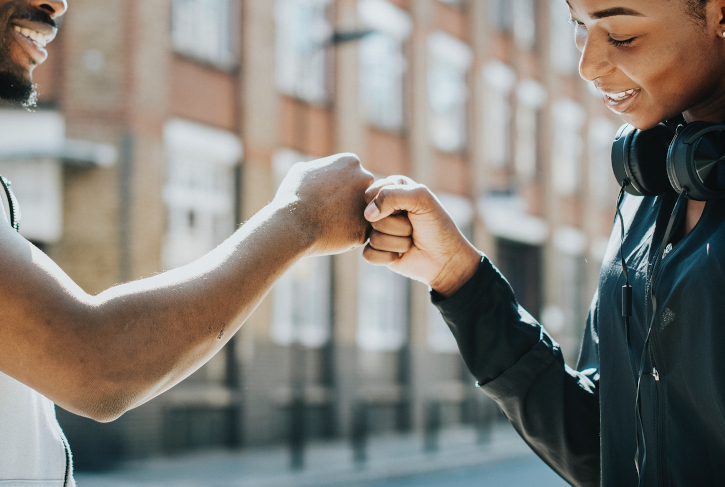
Radio has been a launchpad for many famous names. A few of them took a moment to appreciate the influence of the medium, in cities and towns everywhere as well as in their own lives. Sportscaster and media personality Joy Taylor tweeted, “Radio was my first love in media, I always wanted to host a radio show, ‘theater of the mind.’” Television host Janice Dean added, “I started out in radio, and so … I look back fondly on the place where my broadcasting career began. I never thought I would end up in television, but I wouldn’t be where I am today without the experience I had behind just a microphone.” British radio host Sean Goldsmith called radio “a wonderful medium that’s given me 27 years of doing something I never thought I’d actually do. I used to sit there in a factory in Leicester putting stickers on beer trays listening to the radio wanting to be [U.K. radio legend] Simon Mayo.”
Radio has also been a message-based medium, giving people with ideas a place to share them with many people. Franklin Graham tweeted, “My father, Billy Graham, used radio as a way to share the Gospel w/millions worldwide.”
If your station did not take advantage of National Radio Day this year to talk up all your station brings to your city or town, check out the National Radio Day hashtag across social media for ideas to use next year. Or, better yet, make National Radio Day every day and testify to your local voices and community service right now.
[Subscribe to our newsletter and get it delivered right to your inbox.]

